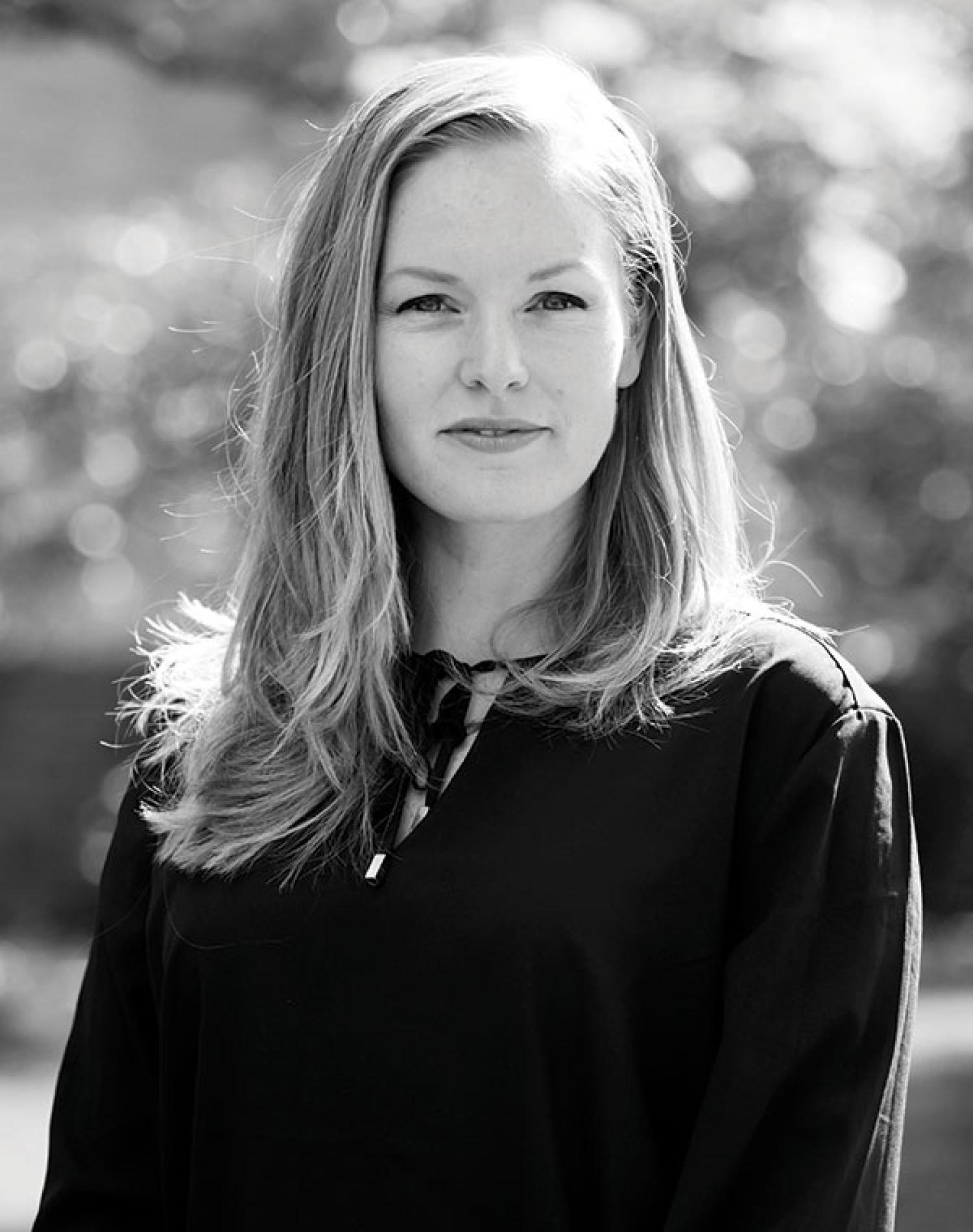
Courtnie Paschall's New Flight Plan

Course Correction
Courtnie Paschall (Neuro, ElEngr’15)
For Courtnie Paschall (Neuro, ElEngr’15), working on a drug trial for patients with schizophrenia while applying to 20 MD-PhD programs counts as light duty.
By the time she touched down at CU-Boulder in 2013 to study neuroscience and electrical engineering, she had proved she could handle stress: She’d graduated from the U.S. Naval Academy (’08), where she studied physics and Mandarin Chinese, attained the rank of Navy lieutenant and trained for years in a T-34C “Turbomentor” airplane and a modified Bell 206 helicopter.
She’d not only learned to fly both fixed-wing aircraft and rotorcraft, but to perform stunts also — figure-eights, Immelmann turns and barrel rolls.
Then she charted a new course: Today Paschall is a research assistant at the University of Colorado Anschutz Medical Campus and headed for a career in medicine and neuroscience research.
“The next decade in neuroscience is going to revolutionize the way we approach our health,” she says.
Paschall — who in May graduated from CU summa cum laude and was named Outstanding Graduate for the College of Arts and Sciences — had long thought the military would be her life: Her parents are both Marines. Her dad is still on active duty.
She was two weeks from “winging” — a graduation ceremony in which military pilots celebrate the end of flight school and sign an eight-year service contract —when the Navy decided to pare its forces.
Paschall had the option to sign up or move on.
Given her deep military ties, it was a “terrifying” crossroads, she says — and like most crossroads, also an opportunity.
“The blood rushed from my face,” she says. “I had to walk outside and take a deep breath and just make sure that I was really willing to commit to an unknown future and give up everything this path meant.”
Paschall was 23.
“The military was all I’d ever known,” she says, “and I wanted to do something else.”
That something else was neuroscience, which led her to CU-Boulder. She enrolled as a junior with an unusually refined sense of purpose.
In her honors thesis, Paschall probed the morphological effects of marijuana on three subcortical brain structures shown to be affected by drug use in human adults.
Marie Banich, professor of psychology and neuroscience and Paschall’s thesis advisor, described her as “exceptionally bright and motivated” — and also fast, finishing her honors thesis in nine months, half the time of an average honors student.
Now the pilot has filed an MD-PhD flight plan.
Says Paschall, “I am deeply fascinated by human cognition — how we think, what causes cognitive dysfunction, and how can we intervene to restore normal processes.”
Photography by Trevr Merchant

